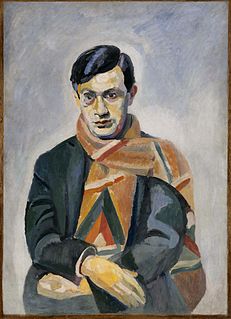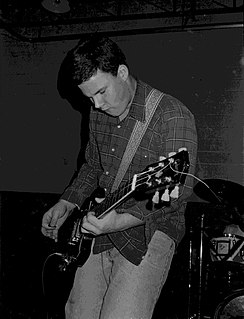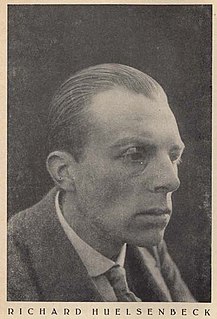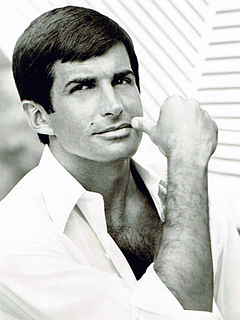A Quote by Sol LeWitt
The thinking of John Cage derived from Duchamp and Dada. I was not interested in that.
Quote Topics
Related Quotes
Two main groups like to drop the readymade bomb—galleries and art historians. Galleries love to drop the Duchamp brand because dealers can try to convince clients of an artist’s worth just by mentioning the mouthwatering response readymade. Most Art Historians aren’t interested in what artists are making in Bushwick studios, most of whom rarely wake up with Duchamp on the brain.
At MGM there was a script cage in the basement where they’d show rushes. And I thought to myself, “How do I get into the script cage and find out what my future is?” I climbed into the script cage one night and spent the whole night in there. I saw the bowels of MGM. I saw the studio scripts that the producers had seen; the writers had just handed them in. And I started thinking this is a chance to pick my own roles.





































